July 4 stands as one of history’s most eventful days, witnessing the rise and fall of empires, groundbreaking discoveries, and moments that shaped our modern world across centuries of human achievement.

Politics and Government Events on July 4
1901 – William Howard Taft Becomes American Governor of the Philippines
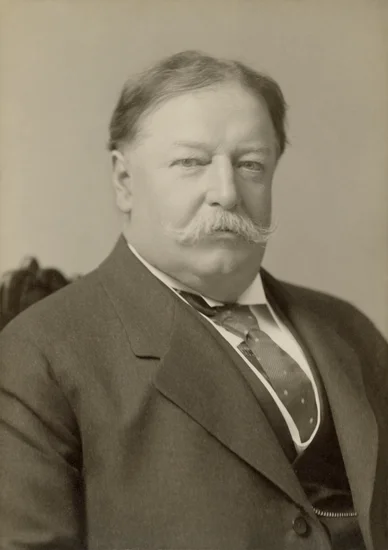
William Howard Taft assumed the governorship of the Philippines, marking a pivotal moment in American colonial administration. His appointment signaled America’s commitment to establishing civilian rule over the newly acquired territory.
Taft’s leadership style would prove instrumental in shaping early American-Philippine relations. His policies laid the groundwork for the eventual transition to Philippine independence decades later.
1946 – Philippines Attains Full Independence from United States
After 381 years of near-continuous colonial rule by various powers, the Philippines achieved complete independence from the United States. The historic moment marked the end of American colonial administration in the archipelago.
Filipino leaders celebrated the restoration of their nation’s sovereignty after decades of struggle. The independence ceremony symbolized the fulfillment of America’s promise to grant Filipino self-determination.
1951 – American Journalist Sentenced in Czechoslovakia
A Czechoslovakian court sentenced American journalist William N. Oatis to ten years in prison on espionage charges. The Cold War tension reached new heights as communist authorities targeted Western correspondents.
The verdict sent shockwaves through international journalism communities worldwide. Oatis became a symbol of press freedom under assault behind the Iron Curtain.
1966 – Freedom of Information Act Signed into Law

President Lyndon B. Johnson signed the Freedom of Information Act into United States law, transforming government transparency forever. The groundbreaking legislation granted citizens unprecedented access to federal government records.
The act represented a watershed moment in American democracy and accountability. Citizens gained powerful tools to hold their government accountable for its actions and decisions.
2024 – Labour Party Wins Landslide Victory in UK
The Labour Party, led by Keir Starmer, secured a landslide majority in the United Kingdom general election. The decisive victory ended 14 years of Conservative government rule.
British voters delivered a resounding mandate for change across the nation. The election results reshaped the political landscape and set new policy directions for Britain.
Military and Naval History on July 4
1918 – Battle of Hamel Delivers Victory on Western Front
The Australian Corps launched a successful attack against German positions near Le Hamel on the Western Front. The meticulously planned assault demonstrated innovative combined arms tactics and coordination.
Australian forces achieved their objectives with minimal casualties through superior planning and execution. The battle showcased the effectiveness of combined infantry, artillery, and tank operations.
1941 – Nazi Troops Massacre Polish Intellectuals in Lviv

Nazi forces systematically murdered Polish scientists and writers in the captured Ukrainian city of Lviv. The targeted killings represented part of Germany’s broader campaign to eliminate Polish intellectual leadership.
The massacre aimed to destroy Polish cultural and academic institutions permanently. These war crimes exemplified the Nazi strategy of cultural genocide against occupied populations.
1943 – Battle of Kursk Begins in Soviet Union
The largest full-scale battle in history commenced in the village of Prokhorovka, featuring the world’s largest tank engagement. German and Soviet forces assembled massive armored formations for the decisive confrontation.
The battle would determine the fate of the Eastern Front for the remainder of the war. Over 6,000 tanks and assault guns participated in the epic clash between opposing armies.
1976 – Israeli Commandos Execute Entebbe Raid
Israeli commandos successfully raided Entebbe airport in Uganda, rescuing passengers from a hijacked Air France jetliner. The daring operation saved all but four hostages from Palestinian terrorists.
The mission demonstrated Israel’s commitment to protecting its citizens worldwide through decisive military action. The raid became a legendary example of successful counter-terrorism operations.
Science and Discovery Milestones on July 4
1951 – Junction Transistor Invention Announced
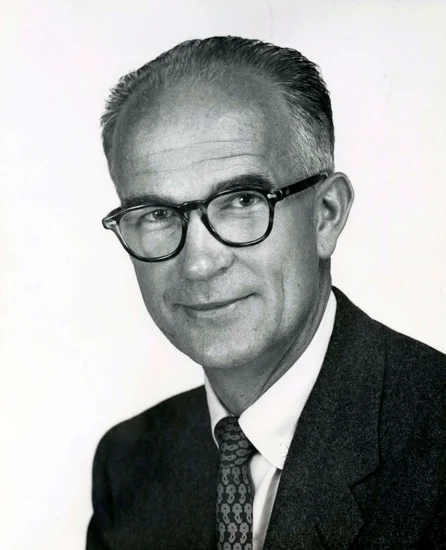
William Shockley announced the invention of the junction transistor, revolutionizing electronics and computing forever. The breakthrough device would become the foundation of modern electronic technology.
The transistor’s development marked the beginning of the semiconductor age and digital revolution. Shockley’s innovation enabled the creation of computers, smartphones, and countless electronic devices.
1997 – NASA’s Pathfinder Probe Lands on Mars
NASA’s Pathfinder space probe successfully landed on the Martian surface, beginning a new era of planetary exploration. The mission deployed the first successful Mars rover to analyze the planet’s geology and atmosphere.
The landing demonstrated America’s technological prowess in interplanetary exploration and scientific discovery. Pathfinder’s success paved the way for future Mars missions and robotic exploration programs.
2005 – Deep Impact Collider Strikes Comet Tempel 1

The Deep Impact spacecraft successfully struck comet Tempel 1 with its copper projectile, creating a spectacular collision. The impact generated valuable scientific data about comet composition and structure.
Scientists analyzed the debris plume to understand the building blocks of the solar system. The mission provided unprecedented insights into cometary materials and early solar system formation.
2012 – Higgs Boson Discovery Announced at CERN

Scientists at CERN announced the discovery of particles consistent with the Higgs boson at the Large Hadron Collider. The breakthrough confirmed a fundamental prediction of particle physics theory.
The discovery completed the Standard Model of particle physics and explained how particles acquire mass. This scientific achievement represented decades of theoretical work and experimental collaboration.
Cultural and Arts Events on July 4
1910 – Gloria Stuart Born in Santa Monica

American actress Gloria Stuart entered the world in Santa Monica, California, beginning a career spanning eight decades. Her early fascination with performance arts shaped her remarkable longevity in Hollywood.
Stuart would achieve renewed fame in her nineties starring in James Cameron’s “Titanic.” Her career demonstrated the enduring power of talent and determination in the entertainment industry.
1927 – Gina Lollobrigida Born in Italy

Italian actress and photographer Gina Lollobrigida was born, destined to become one of cinema’s most celebrated international stars. Her natural beauty and talent would captivate audiences worldwide.
Lollobrigida emerged as a symbol of Italian glamour during Hollywood’s golden age. Her performances in both European and American films established her as a global cultural icon.
1927 – Neil Simon Born in New York
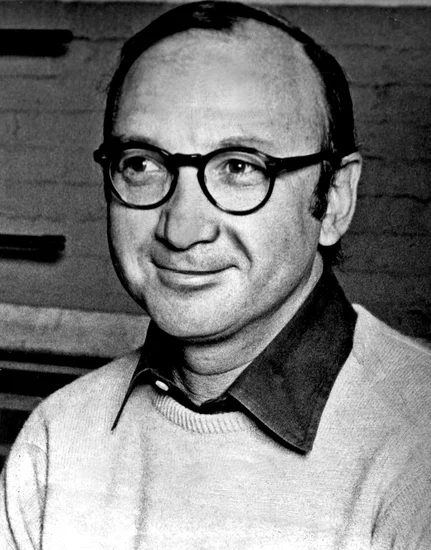
American playwright and screenwriter Neil Simon was born in New York City, beginning a career that would define American comedy theater. His wit and observational humor resonated with generations of audiences.
Simon’s plays and screenplays captured the essence of American middle-class life with warmth and humor. His works became staples of American theater and earned him numerous awards and recognition.
Religious and Social Events on July 4
1946 – Kielce Pogrom Occurs in Poland

A devastating pogrom against Jewish Holocaust survivors erupted in Kielce, Poland, shocking the international community. The violence demonstrated the persistence of antisemitism even after Nazi Germany’s defeat.
The attacks forced many Holocaust survivors to abandon hopes of rebuilding their lives in Poland. The pogrom accelerated Jewish emigration to Palestine and other countries seeking safety.
1910 – Johnson-Jeffries Riots Erupt Across America

Racial violence exploded across the United States after African-American boxer Jack Johnson defeated white boxer Jim Jeffries. The riots killed between 11 and 26 people and injured hundreds more.
The violence revealed the deep racial tensions permeating American society during the early twentieth century. Johnson’s victory challenged white supremacist assumptions about racial superiority in sports.
1994 – Rwandan Patriotic Front Captures Kigali
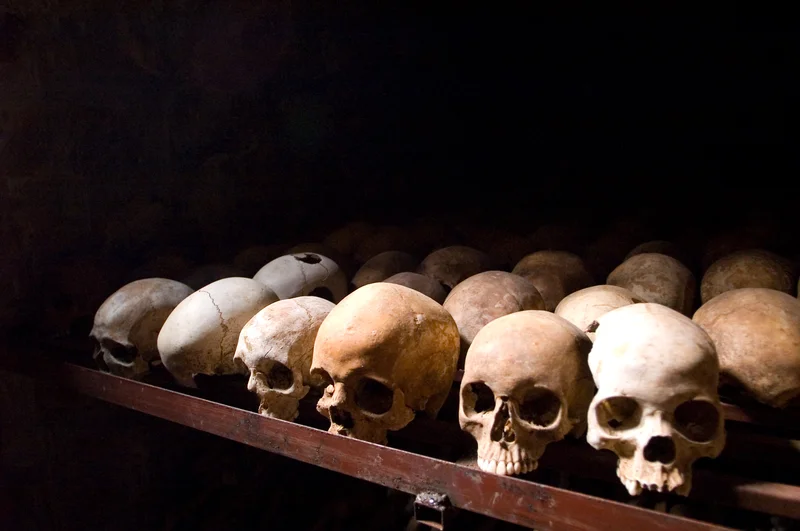
The Rwandan Patriotic Front captured Kigali, the Rwandan capital, effectively ending the genocide in the city. The victory marked a turning point in the struggle to stop the systematic mass murder.
The capture of Kigali represented hope for genocide survivors and accountability for perpetrators. The RPF’s success began the long process of rebuilding Rwanda and seeking justice.
Business and Economic Events on July 4
1954 – Food Rationing Ends in Great Britain
Food rationing in Great Britain officially ended with the lifting of meat restrictions, nearly a decade after World War II’s conclusion. The milestone marked Britain’s return to normal consumer markets.
Citizens celebrated the end of government-controlled food distribution systems that had lasted 14 years. The lifting of restrictions symbolized Britain’s economic recovery and renewed prosperity.
1973 – Caribbean Community Established
Barbados, Guyana, Jamaica, and Trinidad and Tobago signed the Treaty of Chaguaramas, establishing the Caribbean Community (CARICOM). The agreement replaced the Caribbean Free Trade Association with deeper regional integration.
The treaty created frameworks for economic cooperation and political coordination among Caribbean nations. CARICOM represented a significant step toward Caribbean unity and collective development.
1982 – Space Shuttle Program Declared Operational
Space Shuttle Columbia landed at Edwards Air Force Base, completing the program’s final test flight, STS-4. President Ronald Reagan declared the Space Shuttle program officially operational.
The announcement marked America’s commitment to routine space transportation and commercial satellite deployment. The shuttle program promised to revolutionize space access and scientific research capabilities.
Transportation and Infrastructure on July 4
1927 – Lockheed Vega Makes First Flight
The Lockheed Vega aircraft completed its maiden flight, introducing revolutionary design concepts to aviation. The high-wing monoplane featured advanced aerodynamics and superior performance characteristics.
The Vega’s success established Lockheed as a major aircraft manufacturer and innovation leader. The aircraft would become famous for record-breaking flights and pioneering aviation achievements.
1960 – 50-Star American Flag Debuts
The 50-star flag of the United States debuted in Philadelphia, nearly ten months after Hawaii’s admission as the 50th state. The new flag represented America’s completed continental expansion.
The flag’s introduction marked a significant moment in American symbolism and national identity. The 50-star design became the longest-used version in American flag history.
2004 – Freedom Tower Cornerstone Laid
The cornerstone of the Freedom Tower was laid on the World Trade Center site in New York City. The ceremony marked the beginning of reconstruction efforts following the September 11 attacks.
The tower’s construction symbolized America’s resilience and determination to rebuild after tragedy. The project represented both memorial and renewal for the affected community.
Sports and Recreation on July 4
1939 – Lou Gehrig Delivers Farewell Speech

Lou Gehrig, recently diagnosed with ALS, addressed a crowd at Yankee Stadium declaring himself “the luckiest man on earth.” The emotional speech marked his retirement from major league baseball.
Gehrig’s courage in facing terminal illness inspired millions of Americans during difficult times. His farewell address became one of the most memorable moments in sports history.
2004 – Greece Wins UEFA Euro 2004 Final
Greece defeated Portugal in the UEFA Euro 2004 Final, becoming European Champions for the first time in their history. The stunning upset victory shocked the football world.
The Greek team’s triumph represented one of the greatest underdog stories in international football. Their defensive discipline and tactical excellence overcame more favored opponents throughout the tournament.
2015 – Chile Claims First Copa América Title

Chile defeated Argentina in the Copa América Final, claiming their first title in international football. The victory ended decades of disappointment in major tournament competitions.
The championship represented the culmination of Chile’s golden generation and tactical evolution. The triumph united the nation and established Chile as a regional football power.
Notable Births on July 4
1921 – Gérard Debreu Born in France

French economist and mathematician Gérard Debreu was born, destined to become a Nobel Prize laureate. His childhood demonstrated exceptional mathematical aptitude and analytical thinking.
Debreu would revolutionize economic theory through his work on general equilibrium theory. His mathematical rigor helped establish economics as a more scientific discipline.
1930 – George Steinbrenner Born in Ohio

American businessman George Steinbrenner was born in Rocky River, Ohio, beginning a life that would transform professional sports. His competitive nature emerged early in childhood.
Steinbrenner would become the most controversial and successful owner in baseball history. His leadership of the New York Yankees created a dynasty and changed sports business forever.
1940 – Pat Stapleton Born in Canada

Canadian ice hockey player Pat Stapleton was born in Sarnia, Ontario, beginning a distinguished professional career. His early skating ability marked him as exceptional talent.
Stapleton would become one of hockey’s most skilled defensemen and Team Canada hero. His performance in the 1972 Summit Series helped Canada defeat the Soviet Union.
1943 – Geraldo Rivera Born in New York

American lawyer, journalist, and author Geraldo Rivera was born in New York City. His childhood exposure to diverse cultures shaped his future career in journalism.
Rivera would become one of America’s most recognizable television personalities and investigative reporters. His work broke new ground in broadcast journalism and social commentary.
1962 – Pam Shriver Born in Maryland

American tennis player and sportscaster Pam Shriver was born in Baltimore, Maryland. Her athletic abilities became apparent during her early childhood years.
Shriver would dominate women’s doubles tennis and achieve remarkable success in Grand Slam competitions. Her career transitioned seamlessly from playing to broadcasting and sports commentary.
Notable Deaths on July 4
1934 – Marie Curie Dies in France
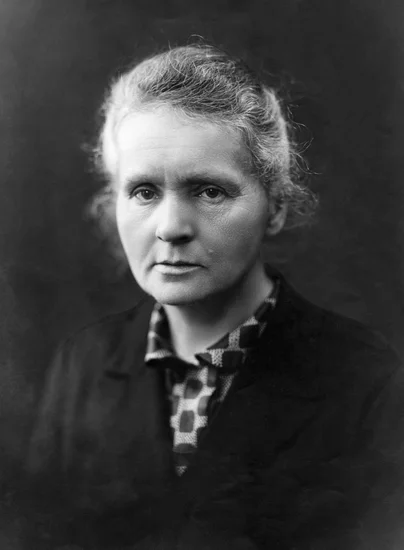
French-Polish physicist and chemist Marie Curie died, ending a groundbreaking career in scientific research. Her death from radiation exposure highlighted the dangers of early atomic research.
Curie’s legacy as the first woman to win a Nobel Prize inspired generations of scientists. Her discoveries in radioactivity fundamentally changed physics and chemistry forever.
1976 – Yonatan Netanyahu Dies in Uganda

Israeli colonel Yonatan Netanyahu died during the Entebbe raid, becoming the operation’s only military casualty. His death occurred while leading the rescue mission to free hostages.
Netanyahu’s sacrifice enabled the successful rescue of hijacked passengers and crew members. His heroism exemplified Israeli military courage and commitment to protecting civilians.
1995 – Eva Gabor Dies in Los Angeles
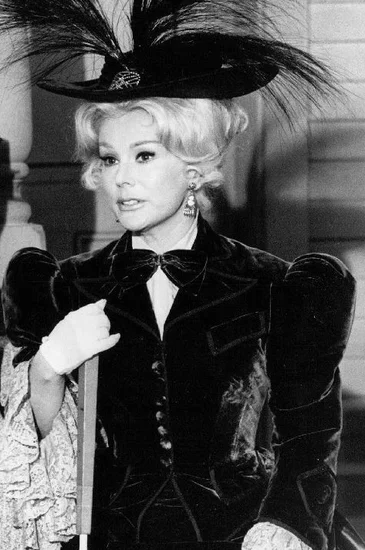
Hungarian-American actress and singer Eva Gabor died, ending a glamorous career in entertainment. Her death marked the end of an era in Hollywood sophistication.
Gabor’s performances in television and film made her a beloved cultural icon. Her wit and charm entertained audiences for decades across multiple entertainment mediums.
2003 – Barry White Dies in Los Angeles
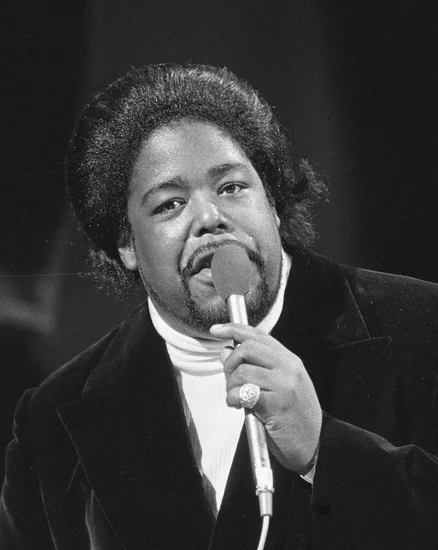
American singer-songwriter, pianist, and producer Barry White died, silencing one of soul music’s most distinctive voices. His death ended a career that defined romantic soul music.
White’s deep bass voice and orchestral arrangements created timeless love songs. His influence on contemporary R&B and hip-hop music continues to inspire artists today.
2008 – Jesse Helms Dies in North Carolina
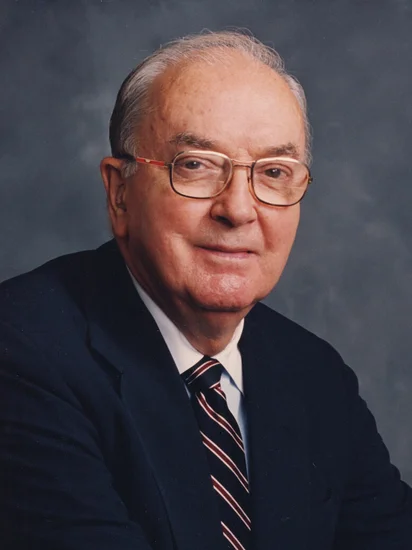
American politician Jesse Helms died, ending a controversial career in the United States Senate. His death marked the passing of a significant figure in conservative politics.
Helms’ political legacy included both devoted supporters and fierce critics throughout his career. His influence on American foreign policy and domestic politics spanned several decades.
Holidays and Observances on July 4
Independence Day Celebrated in United States
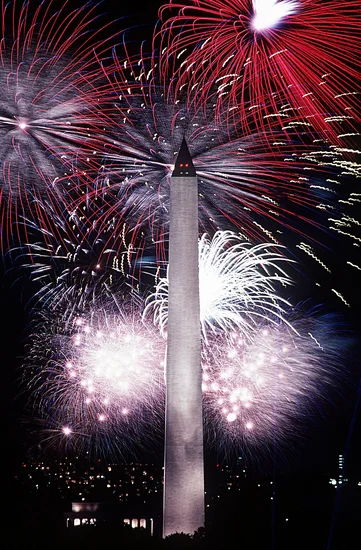
Americans nationwide celebrate Independence Day, commemorating the Declaration of Independence’s adoption in 1776. The holiday represents America’s founding principles and democratic values.
Fireworks, parades, and patriotic displays mark the nation’s birthday across all fifty states. The celebration unites Americans in remembrance of their shared heritage and constitutional freedoms.
Liberation Day Observed in Rwanda
Rwanda observes Liberation Day, commemorating the end of the 1994 genocide and the country’s liberation. The day honors victims while celebrating national unity and reconciliation.
The observance reflects Rwanda’s remarkable transformation from tragedy to hope and renewal. Citizens participate in ceremonies remembering the past while building a peaceful future.
Republic Day Celebrated in Philippines
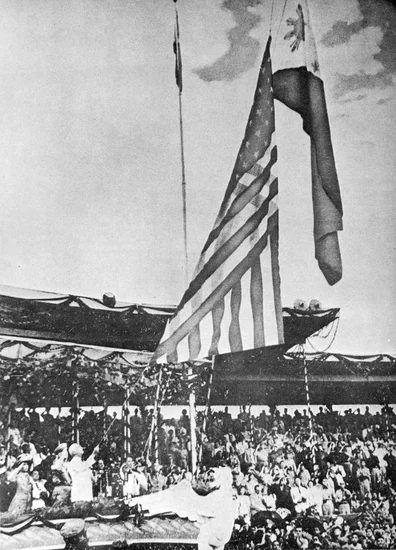
The Philippines celebrates Republic Day, marking the nation’s independence from American colonial rule. The holiday honors Filipino sovereignty and democratic governance.
Filipino communities worldwide participate in cultural celebrations and patriotic displays. The day reinforces national identity and pride in Philippine achievements and independence.
